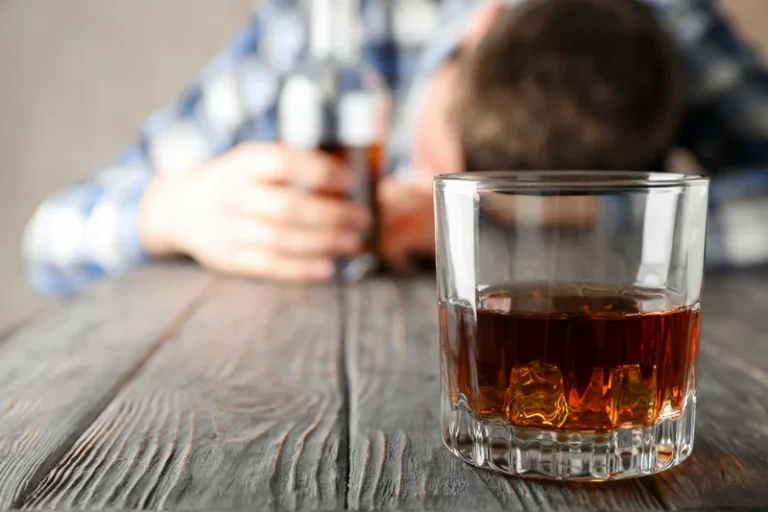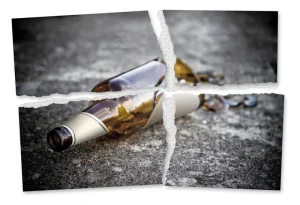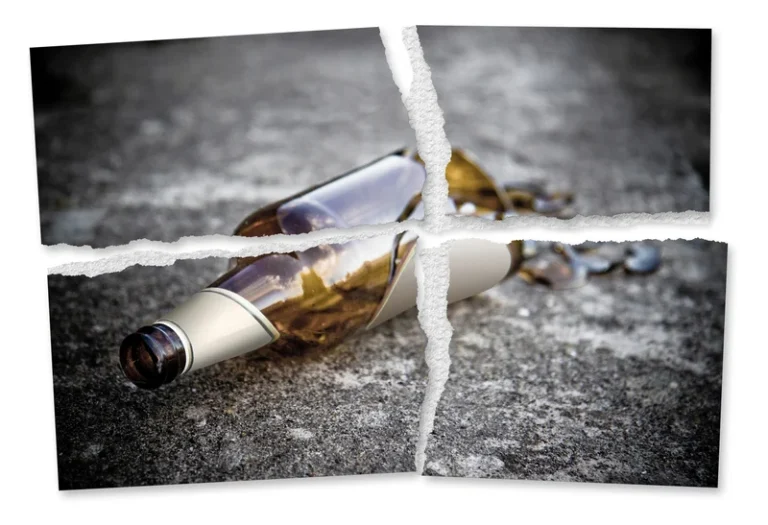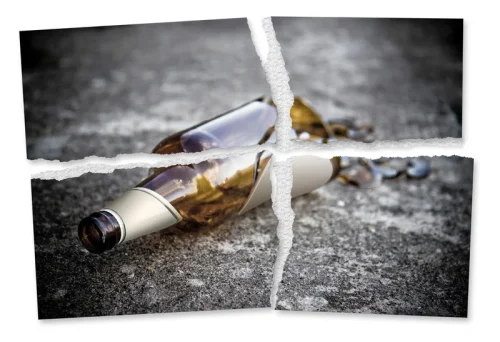
The lowered inhibitions that are mentioned above can lead a person to make decisions that normally wouldn’t be made. When it’s combined with heightened mood states, displeasing effects can occur. Increased anger might lead a person to pick fights with loved ones, while extreme self-loathing and sadness could result in severe depression symptoms. Since alcohol can cloud an individual’s brain, it can also keep a person from being able to view helpful solutions to their problems. So if the person has been trying to keep their challenging emotions at bay, such as anger or sadness, it’s possible those feelings can come flooding in when the person drinks.
- If you have certain conditions, including depression, you could be at an increased risk of getting alcohol use disorder.
- It can also aggravate symptoms of pre-existing depression and endanger your health and mental health.
- But what you may know be aware of is excessive drinking can seriously cause your mood to tank because of insomnia and/hypersomnia.
- If you don’t drink regularly, your system should return to normal after this.
Effects of Alcohol Use
When it comes to diagnosing an alcohol use disorder and a major depressive disorder, it’s important to address them simultaneously, as they can significantly impact your recovery. The causal effect of AUD leading to depression implies that some cases of depression resolve after treatment of alcohol dependence 12, 30–33. Persons that use alcohol to relieve depressive symptoms may require treatment for depression to achieve full remission after alcohol use disorder treatment 18. In fact, it can make symptoms of depression much worse and create a harmful cycle that’s difficult to break. If you or someone you love is struggling with depression and booze use, it’s important to seek help from a mental health treatment center that offers a comprehensive depression treatment program. However, drinking booze can actually worsen depression and create a cycle that’s hard to break.
Common symptoms of depression:

Though depression is experienced by many, it can often go undiagnosed and untreated. You don’t have to battle the depression alone and relying on alcohol and depression alcohol to make you feel better will only cause further pain. Reach out to a mental health professional to talk about treatment and strategies for dealing with depression. For example, a person with frequent episodes of severe depression may turn to drinking to self-medicate.
What role does professional treatment play in recovery from booze use and depression?
Some people never notice feelings of depression — or any negative effects at all — after drinking moderately. Others might begin feeling depressed or anxious after just one drink. The use of stimulants with alcohol =https://ecosoberhouse.com/ may lead to more high risk behavior, though, which may increase the risk of the harmful effects of heavy drinking. There is also evidence that alcohol consumption can cause increased levels of neuroinflammation. Inflammation is a natural immune response within the brain and body, but can be over-activated by alcohol and lead to changes in mood and behavior.
Advanced Treatment
Crystal Raypole has previously worked as a writer and editor for GoodTherapy. Her fields of interest include Asian languages and literature, Japanese translation, cooking, natural sciences, sex positivity, alcohol rehab and mental health. In particular, she’s committed to helping decrease stigma around mental health issues. It can get worse over time, especially when combined with regular or heavy alcohol use. These blues usually don’t linger, though, so you’ll probably feel better in a day or so. Taking some time for productive relaxation can also help ease feelings of depression.


There is currently little evidence to suggest that ADHD medications interact with alcohol or that alcohol worsens ADHD symptoms. A total of 188 participants underwent community-based detoxification but only 156 were followed up for the six months. Majority (60.5%) of the participants had begun drinking alcohol before the age of 18years, with the mean AUDIT score being 28.6 for male and 26.6 for females. The mean age of the group was 31.9 years, with majority (84%) of the participants aged below 40 years. The majority (53.3%) of the participants earned an income of less than 143 United States dollars per month.
Excessive alcohol consumption can exacerbate this, causing feelings of depression to become worse. By stimulating these two regions, alcohol can make you feel more relaxed, confident, at ease, and positive overall. If you’ve ever drank alcohol to escape feelings of depression, however, you’ve probably noticed these feelings don’t last. In fact, as the effects of alcohol recede, you may actually feel more depressed. If you or a woman close to you is struggling with depression, alcohol abuse, or a co-occurring disorder, we can help you. Here at New Directions for Women, we assist women in overcoming alcohol addictions.
